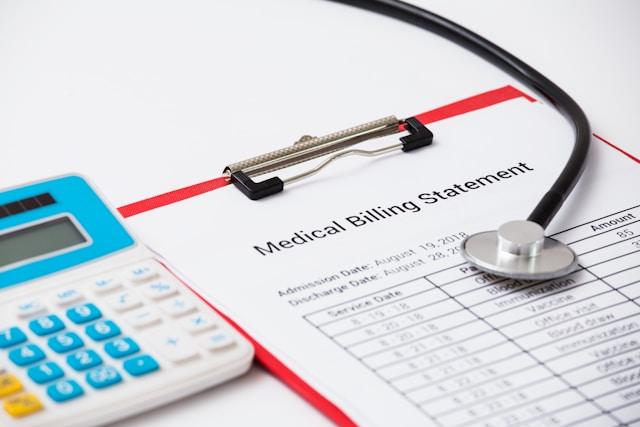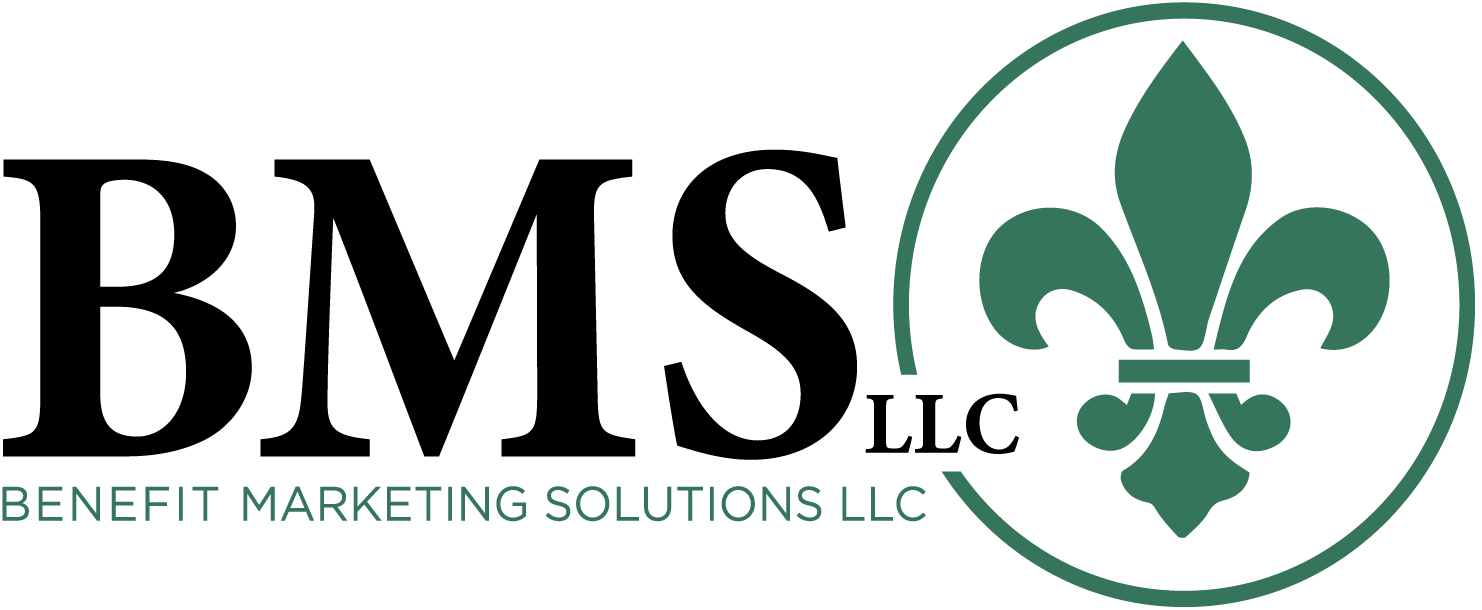
Medical Flexible Spending Account (MEDFSA)
An additional benefit that can be included with a Section 125 Cafeteria Plan, a Flexible Spending Account (FSA) allows employees to set aside money on a pre-tax basis to pay for eligible health care expenses.
The employer saves 7.65% in matching FICA taxes for every dollar contributed by employees! The FICA savings helps to offset any cost to the employer for offering the plan. This allows employers to offer an expanded benefit package, which helps to attract and retain employees, without significantly increasing their healthcare costs.

Limited Flexible Spending Account
Under a Limited FSA Account, employees are reimbursed for eligible dental and vision expenses that are not covered or reimbursed under the employer’s health plan. Employees set aside an election amount up to an annual maximum determined by the employer.
This election is deducted from the employee’s paycheck on a pre-tax basis, resulting in tremendous tax savings to the employee (average tax savings for participants is 25-40%!)

Dependent Care Account (DCFSA)
The Dependent Care Account can be offered in conjunction with a health care Flexible Spending Account or as a standalone benefit. The Dependent Care Account allows employees to set aside money on a pre-tax basis to pay for eligible childcare or other qualified dependent care expenses.
If, in order for the Employee and the spouse to work, they must use a Daycare provider, they are eligible to participate. The Dependent Care Account is funded via pre-tax dollars withheld from the employee’s paycheck.

Health Reimbursement Arrangement
A Section 105 Health Reimbursement Arrangement (HRA) allows an employer more control over their healthcare costs by allowing them to reduce premiums and design the health plan for their employees in the most cost-effective method.
The employer uses the savings on the health insurance premiums to fund an HRA to reimburse employees for out of pockets medical costs. HRA dollars are tax-free to the employee.

Health Savings Account (HSA)
A Section 223 Health Savings Account (HSA) is a tax deferred, participant owned bank account that allows the account holder covered under a qualified High-Deductible Health Plan (HDHP) to use pre-taxed money toward qualified medical expenses.
Unused HSA funds can be carried over from year to year, which allows participants to save for future healthcare costs as well. These are the newest types of accounts to come out of the Consumer Driven Health Care (CDHC) initiatives.

Transit Plan
A Section 132 Transportation (Transit) Plan allows employees to pay for commuter, transit, and qualified parking expenses with pre-tax dollars.
The sponsoring employer also saves the 7.65% FICA match on each premium dollar their employees pre-tax. A transit plan is a way for employers to help employees decrease daily transportation costs and encourage them to utilize different types of commuter options.

COBRA and Retiree Billing Administration
COBRA is a federal requirement for most employers with 20 or more employees and allows employees, retirees, spouses, and dependent children the right to continue their employer-sponsored health coverage at group rates after experiencing certain qualifying events where the coverage would otherwise end.

Wrap Documents
A Wrap Document provides the necessary ERISA language in a governing plan document for all insurance policy contracts. Through the Wrap Document, all included plans are given one Plan Number which means the employer will file only one Form 5500 for those plans.
By using BMS services for the preparation of the Wrap Document the employer reduces their exposure to liability and legal compliance.

Section 125 Premium Only Plan (POP)
A Section 125 Premium Only Plan (POP) allows employees to pre-tax their qualified insurance benefit premiums. All qualified benefits are deducted from payroll prior to federal, state, and FICA taxes.
The sponsoring employer also saves a 7.65% FICA match on each premium dollar their employees pre-tax.
